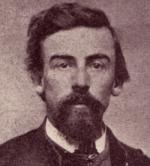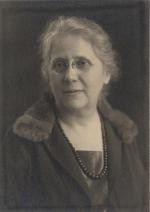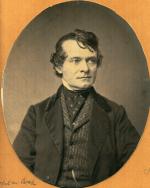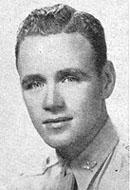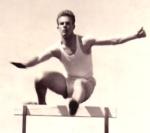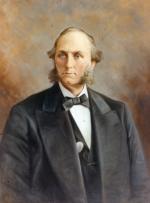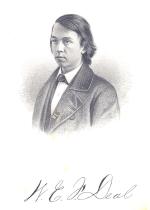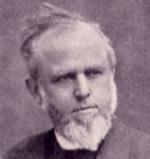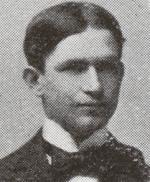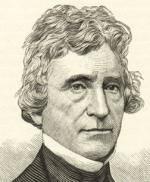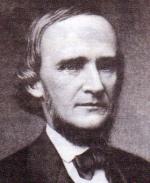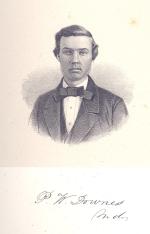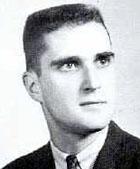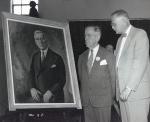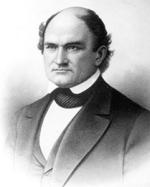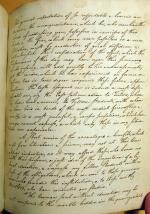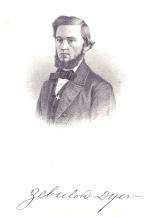James Culbertson (1803-1854)
James Culbertson was born in Carlisle, Pennsylvania on March 17, 1803, the son of prosperous Presbyterian farmer Samuel Culbertson and his wife. His parents died when he was young, and the neighboring farming family of Thomas Urie took him in. When twelve, Culbertson went to Hopewell Academy in Shippensburg and then returned to his hometown to enter Dickinson College as a sophomore in the class 1824. After graduating with his class, Culbertson took up the study of medicine. He studied with Dr. Adam Hays in Carlisle and then at the University of Pennsylvania, where he received his degree in April 1827.
Culbertson opened his practice in Lewistown, Pennsylvania in 1828 and continued there until his death. He was an admired doctor and scientist, interesting himself in geology and mineralogy. He served as a trustee of the local Lewistown Bank and of the Lewistown Academy. Culbertson was a Whig in politics, but never involved himself deeply. He reattached himself to the Presbyterian Church later in his life.
Culbertson married Mary Steel of Lewistown in June 1839. The couple had two sons, one of whom died in infancy. James Culbertson died suddenly in Lewistown on March 30, 1854, two weeks after his fifty-first birthday.

